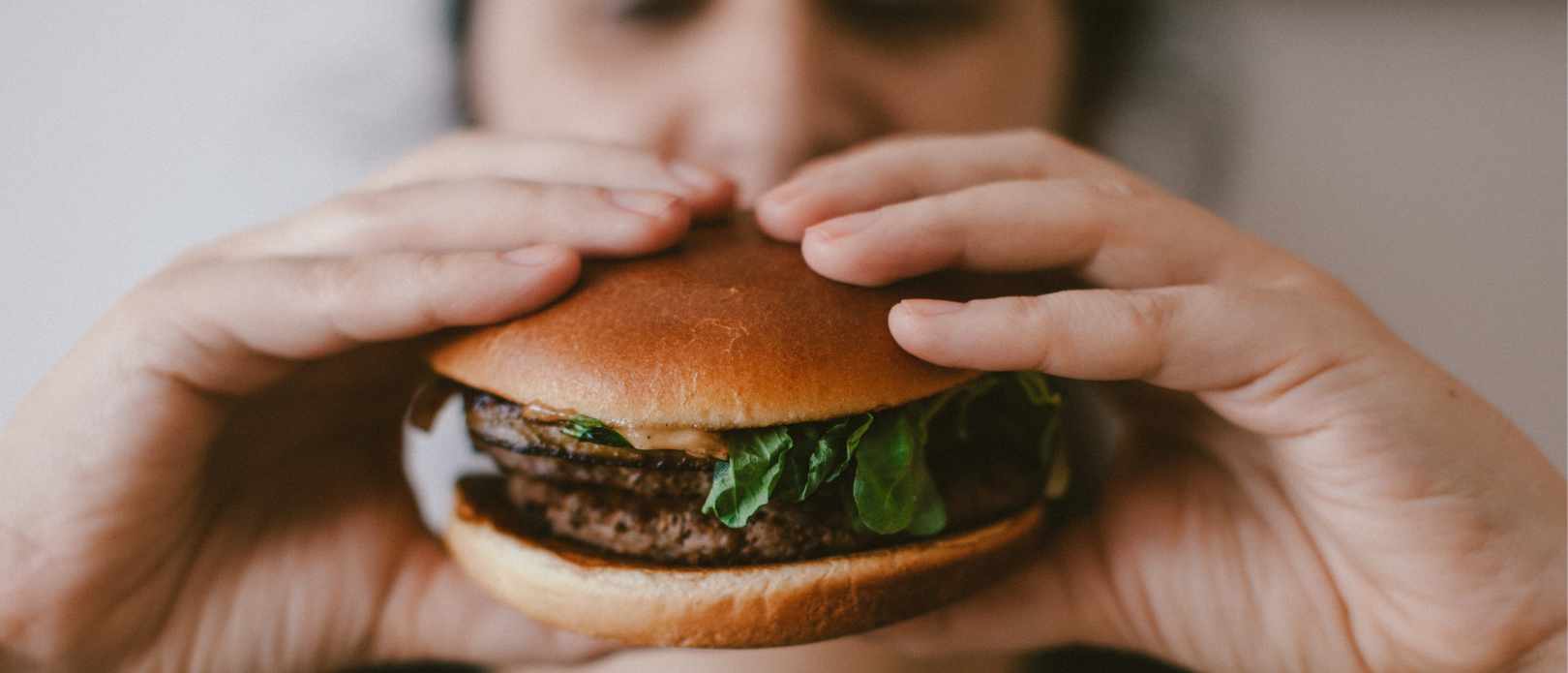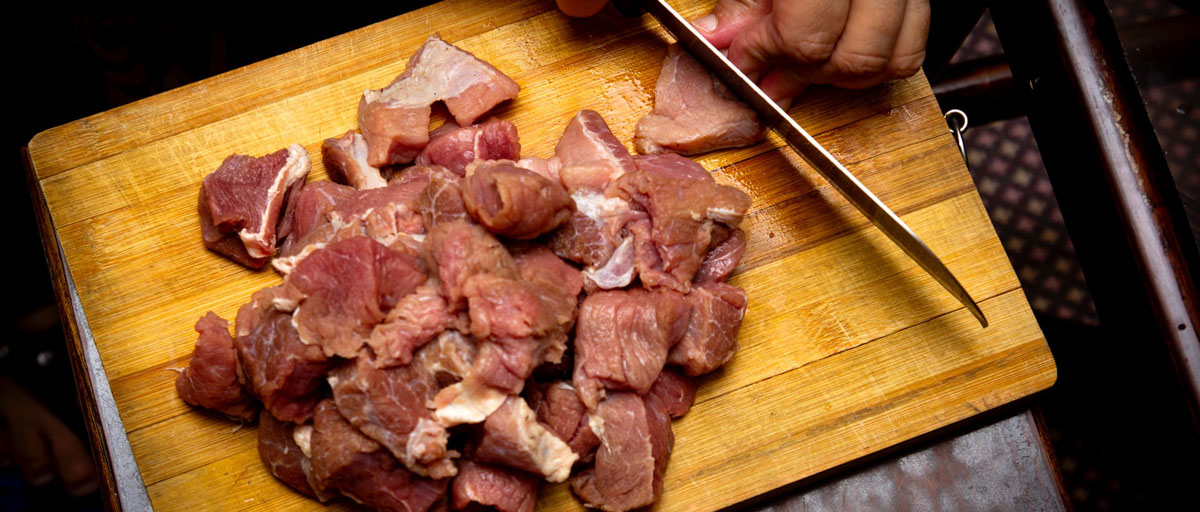WORLD SUSTAINABLE GASTRONOMY DAY
How much is the right amount of meat?
Celebrating World Sustainable Gastronomy Day, centre doctoral student Kajsa Resare Sahlin on why we need to better understand how much ‘less’ meat actually is and what ‘better’ means
- June 18 is World Sustainable Gastronomy Day
- Sustainable gastronomy means cuisine that takes into account where the ingredients are from, how the food is grown and how it gets to our markets and our plates
- Kajsa Resare Sahlin studies how Western consumers can be guided towards more sustainable meat consumption
June 18 is World Sustainable Gastronomy Day. It’s a day to acknowledge food's important role in cultural expression and as a key driver of global sustainability transformations, from how it is grown, gets to our markets and ends up on our plates.
When it comes to meat, there is broad scientific consensus around the need to radically reduce consumption in richer parts of the world.
The average Western diet with its high intake is a risk to individual health, healthcare systems, animal welfare, and the environment.
More quality, less quantity
Kajsa Resare Sahlin is a centre doctoral student who works on sustainable eating and the role of animal source foods in a sustainable food system.
She studies how Western consumers can be guided towards more sustainable meat consumption.
From land-use and climate change to farmer livelihoods and animal welfare, how we produce and consume meat affects a wide range of sustainability areas.
Kajsa Resare Sahlin
Interestingly, she says, studies indicate that focusing on quality instead of quantity could foster more sustainable eating habits, with potential for reducing overall intake.
And many people are now catching on to this.
Not straightforward
Perhaps you have started buying less beef at the supermarket and opt for chicken instead. Or maybe you go for certified options or shop directly from your local farmer. Pasture grazed? Yes please!
But it’s not as straightforward as you might think.
Evidence is limited and definitions of normative concepts such as quality vary.
Much more research is needed to better understand how much ‘less’ meat actually is and what ‘better’ means.
Kajsa Resare Sahlin
“And in relation to sustainability, it’s essential to be mindful that something more sustainable depends on how one defines sustainability”.
For example, aiming for beef production that reduces emissions per kilo of meat would suggest that intensive production systems would be ‘better’, but then this could be worse for biodiversity, feed-food competition and ecotoxicology.
So, which is actually ‘better’?
“Scientific characterization of ‘less but better’ is crucial for enabling more informed discussion on value-laden decisions and to build consensus on the meaning of the concept, especially as it gains traction with policy makers,” says Resare Sahlin.
"Eating ‘less’ meat can actually be the way to achieve a ‘better’, more sustainable diet”.
Kajsa Resare Sahlin
Last but not least, she says, let’s not forget that sustainability has to be tasty – otherwise there is little chance that consumers will buy into it.









